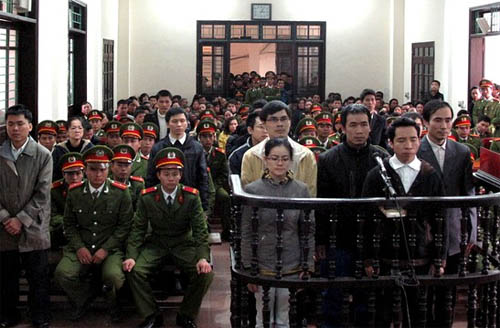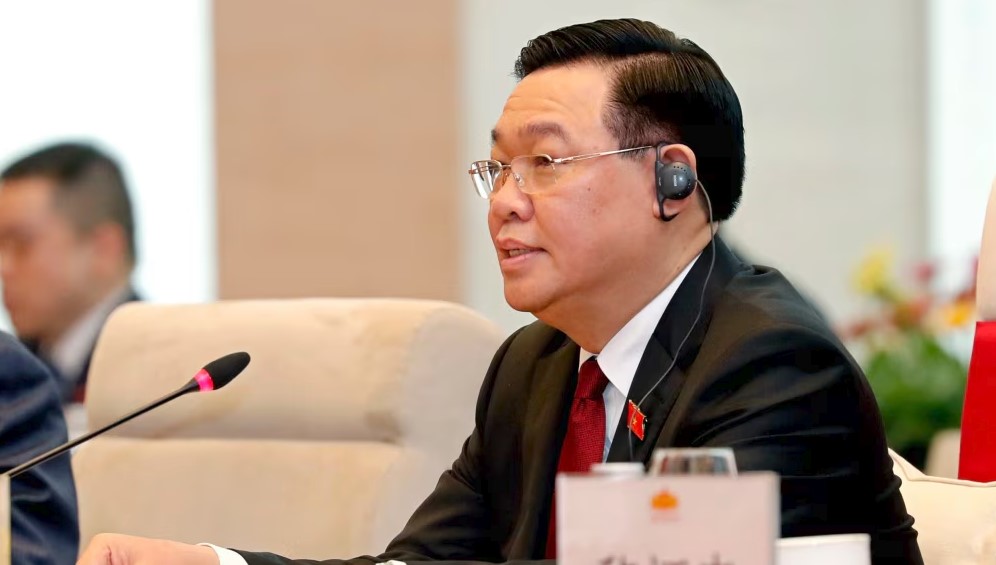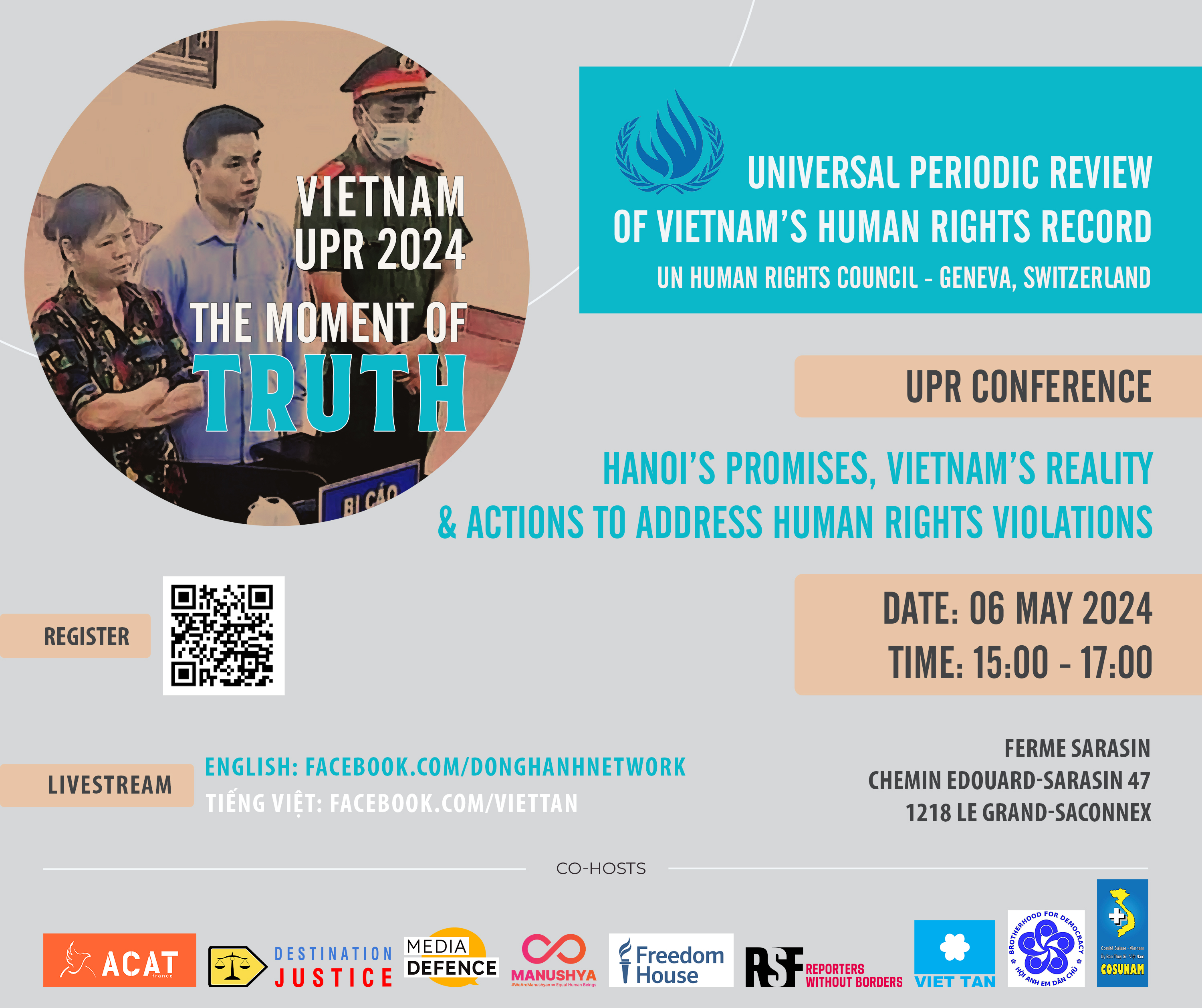January 14, 2013
Hanoi prosecutes its citizens for peaceful dissent.
A Vietnamese court convicted 14 democracy activists last week and sentenced them to a range of punishments from probation to 13 years in prison. Sources in the dissident community now tell us that a date has been set next week for the trial of Nguyen Quoc Quan, an American citizen who could receive a harsh sentence for advocating political reform.

Mr. Quan is on his second pass through Vietnam’s “justice” system. In 2007 he was among a group of activists arrested in a private home while plotting to distribute pamphlets on nonviolent resistance. He was deported after serving six months in prison, probably because of lobbying from Washington.
In April last year, Mr. Quan was arrested at the Ho Chi Minh City airport attempting to enter the country. Authorities now claim he used an alias to travel to Vietnam in the intervening period, teaching about nonviolent techniques for resisting oppression. In the worst case, he could face more than a decade in prison. Last week’s defendants, most of whom are in their 20s and 30s and were arrested in 2011, were charged with a variety of crimes against the state. Some allegedly recruited others to engage in pro-democracy activism. Others were bloggers, or wrote anti-regime graffiti, or reported on anti-China protests to outside groups. Most of them are Catholic. The complete list of their names is nearby.
Mr. Quan and the other defendants are united by their alleged involvement with the Vietnam Reform Party, or Viet Tan, an émigré group based in the U.S. that supports peaceful democratization. Hanoi labels Viet Tan a “terrorist organization,” although even Hanoi concedes that the authorities invariably catch Viet Tan members carrying small cameras and books on peaceful protest, not guns or bombs.
Such show trials might look like a sign of regime strength. In recent years, Hanoi has succeeded in rounding up most of the leaders of a domestic pro-democracy group that had sprouted briefly in the middle of last decade. Last week’s trial was unusual in part because all the defendants were allegedly part of the same organization. More typically, the regime’s “enemies” of late have been lone lawyers or bloggers, not members of any coherent resistance.

Defendants stand in front of dock at a court in Nghe An province, near Hanoi, in this photo taken by Vietnam News Agency on Wednesday.
But in other respects, Hanoi seems to be struggling to fully tamp down dissent. Earlier dissident trials became focal points for courthouse protests, so last week the regime staged proceedings in a smaller central city far from both Hanoi and Ho Chi Minh City. Viet Tan sources reported a heavy police presence to deter protesters from gathering outside the court, and state media did not cover the trials as aggressively as usual. The young and tech-savvy profile of this batch of defendants is worrying to the authorities.
For now Hanoi holds the upper hand against its citizens, but these trials show that the desire for a better system is growing. All the more reason for foreign governments, and especially Washington—with whom Hanoi professes to want a closer relationship—to step up pressure on Vietnam’s government to free its political prisoners.
Source: The Wall Street Journal





